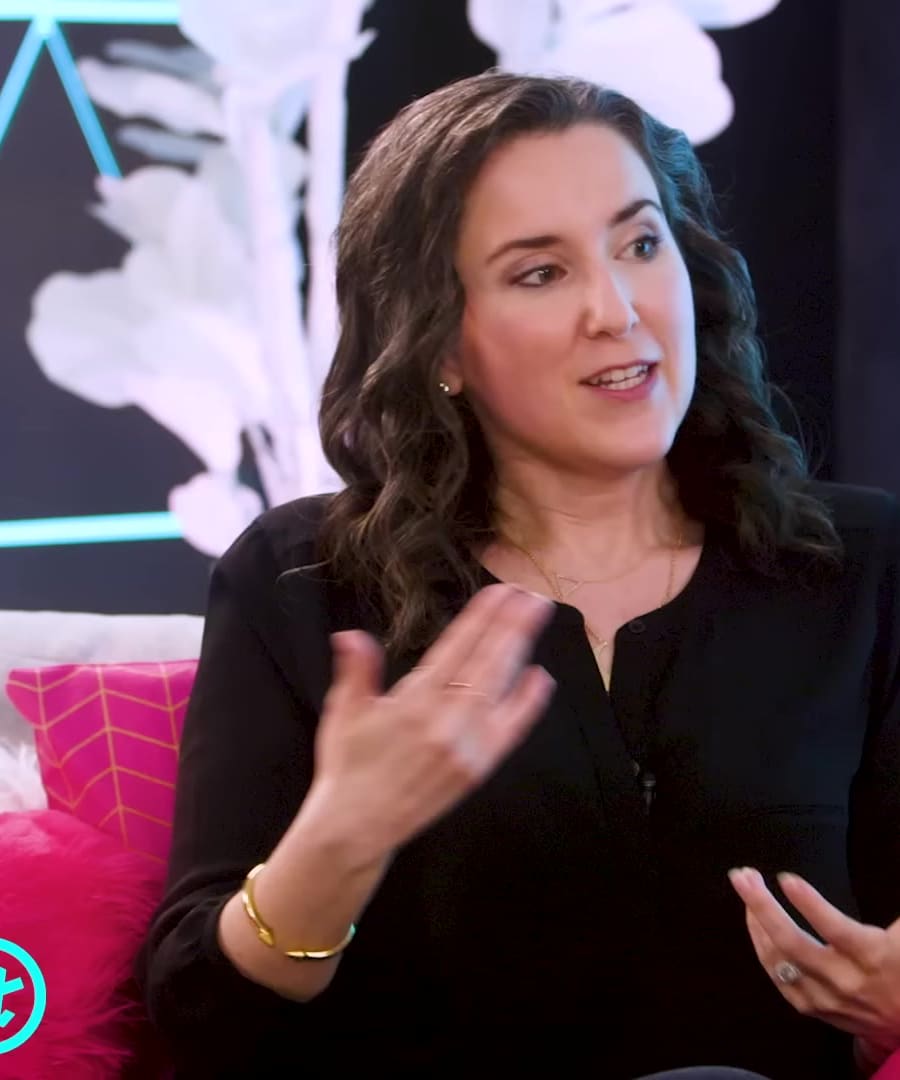Perfect balance
Sources:
The concept of perfect balance is explored through various perspectives from trusted experts across different domains. Here are some key insights:
-
Ecological and Religious Balance:
- Biologist delves into the influence of ancient religious beliefs on the perception of balance and perfection in the natural world. He notes that historical views often saw balance as a static ideal, influenced by the idea that if God made the world, it had to be perfectly symmetrical and unchanging. Contrarily, he argues for appreciating a more dynamic and alive perspective of nature 1.
-
Holistic Life Balance:
- from the discusses how balance can be a multifaceted concept, extending to various aspects of life such as health, economics, and spiritual traditions. He emphasizes the importance of balance in fostering and reflecting healthy systems, noting its depiction in spiritual practices like Buddhism and Taoism as maintaining harmony between opposites 2.
-
Balance in Commerce and Art:
- on talks about striking a balance between guest satisfaction and restaurant operations in the hospitality industry. He stresses finding the perfect equilibrium between art and commerce to create a sustainable and inspiring environment for both customers and team members 3.
-
Hormonal and Biological Balance:
- explains how the menstrual cycle provides a balanced approach to focusing on others and oneself, thereby enhancing energy levels and overall well-being. She highlights the sophisticated design of the female body in balancing different phases for optimal function 4.
-
Spiritual and Polar Extremes:
- Scholar emphasizes the necessity of balancing spiritual forces, such as the Luciferic and Aramonic, rather than categorizing them as purely good or evil. He advocates for a middle path that dynamically balances opposing forces, aligning with Tibetan and Kabbalistic teachings 5.
-
Contradictions and Complexities:
- and explore the acceptance of life's contradictions, suggesting that balance involves embracing opposing forces and integrating them into one's life. They propose that true balance is acknowledging and navigating these inherent contradictions 6.
-
Imperfection of Perfect Balance:
- Podcaster argues that perfect balance is an unattainable goal and acknowledges the importance of striving for as much balance as possible without expecting perfection 7.
These perspectives collectively suggest that perfect balance is multi-dimensional and involves dynamically managing and embracing contradictions rather than seeking an unachievable static state.
RELATED QUESTIONS-

